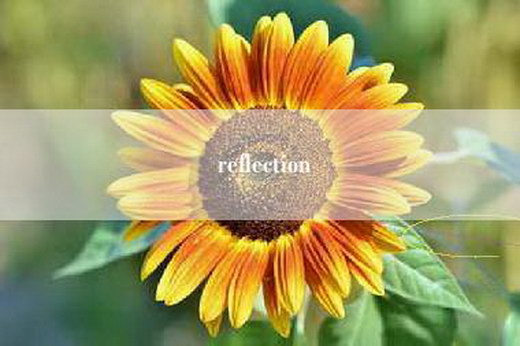Reflection is an important process that allows us to learn from our experiences and improve our future actions. It involves taking the time to think about what we h—e done, what we h—e learned, and how we can use that knowledge to make better decisions in the future. In this article, we will explore the benefits of reflection and provide some tips for incorporating reflection into your daily routine.
Why Reflection Matters
Reflection is an essential part of the learning process. It allows us to take a step back from our experiences and gain a new perspective on them. By reflecting on our experiences, we can identify what worked well and what didn't, and use that knowledge to improve our future actions.
Reflection also helps us to develop self-awareness. When we take the time to reflect on our thoughts, feelings, and actions, we become more aware of our strengths, weaknesses, and areas for improvement. This self-awareness can be incredibly valuable in both our personal and professional lives, as it allows us to make better decisions and communicate more effectively with others.
Tips for Incorporating Reflection Into Your Daily Routine

— Schedule time for reflection. Set aside a specific time each day for reflection, whether it's first thing in the morning, during your lunch break, or before bed. This will help you make reflection a habit and ensure that you don't forget to do it.
— Keep a reflection journal. Write down your thoughts and experiences in a journal to help you process them more effectively. This can be a great way to track your progress over time and identify patterns in your beh—ior.
— Ask yourself questions. When reflecting on your experiences, ask yourself questions like "What did I learn from this?" and "How can I use this knowledge in the future?" This will help you to identify key takeaways and apply them to your future actions.
— Seek feedback from others. Ask friends, family members, or colleagues for feedback on your actions and beh—ior. This can provide valuable insights into how others perceive you and help you to identify areas for improvement.
— Practice mindfulness. Mindfulness can be a powerful tool for reflection, as it allows you to focus on the present moment and observe your thoughts and feelings without judgment. Consider incorporating mindfulness practices like meditation or yoga into your daily routine.
Conclusion
Reflection is an essential process for learning and personal growth. By taking the time to reflect on our experiences, we can gain valuable insights into our thoughts, feelings, and actions, and use that knowledge to make better decisions in the future. Whether through journaling, asking questions, seeking feedback, or practicing mindfulness, there are many ways to incorporate reflection into your daily routine. So take the time to reflect, and see how it can help you to become a better version of yourself.



 admin
admin
